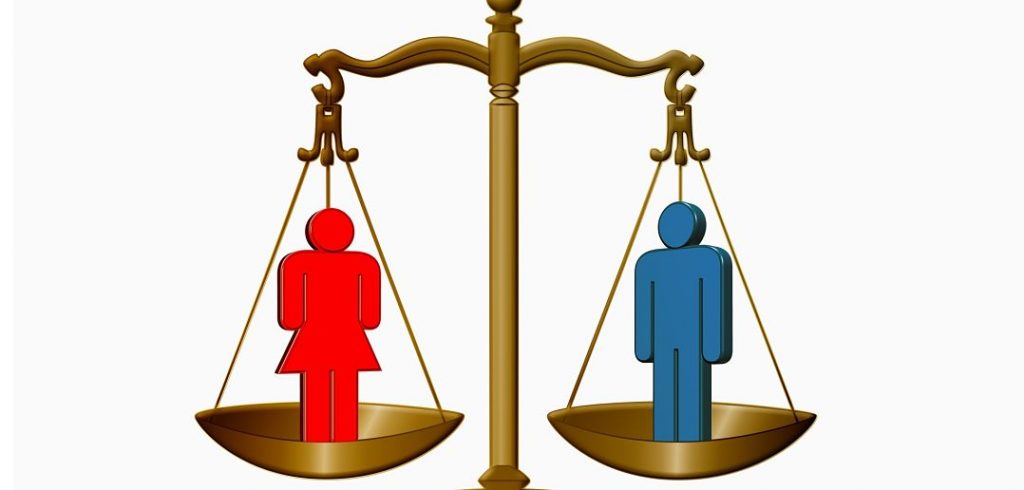
A professor of Counselling
Psychology, Tai Solarin University of Education, TASUED, Professor Eunice
Modupe Hassan, has advocated constant training for top management of companies
and organisations to educate them on the need to eliminate gender
discrimination, saying this will contribute to national productivity and
economic growth in the country.
Hassan gave the charge while delivering the
5th inaugural lecture of the university in Ijagun Ijebu-Ode, Ogun State.
Speaking on “Counselling for Harmony in Workplace: Resolving Gender
Discrimination Issues in the World of Work,” Prof Hassan said, “It is
important to remove barriers to the full and give equal participation in the
workforce. There is a need for access to all occupations and industries,
including leadership roles, regardless of gender and elimination of
discrimination on the basis of gender, particularly in relation to family and
caring responsibilities. She opined that ” the consequences of this phenomenon
can be grievous, this discrimination if not controlled, can further penalise
some women who dare to sum up the courage to speak against it.”
She called on the government to “consider
additional anti-discrimination legislation that will entrench the principle of
equality and expand constitutional provisions to create equal opportunities for
both sexes. “Workplace counselling should be given to women that are dis
chanted and discouraged because of gender discrimination so as to motivate them
for better productivity.” “Involve gender budgeting in the administration of
organizational setup. This is to ensure that the allocation of resources and
funds takes place in a gender-sensitive manner. “Gender impact assessment may
be necessary for examining policy proposals to see whether they will affect men
and women differently, so as to ensure that they conform to goals of gender
equity and equality. ” Create room for gender sensitivity to enable the
translation of gender awareness into organizational practice through changes in
policy, structures, planning, programs, practices and activities”. She added
that “there is a need for gender training to effect format practice through
training programs directed at staff members in an institution, to create
awareness about the inequalities and inequities relating to gender.”
Source: Vanguard





